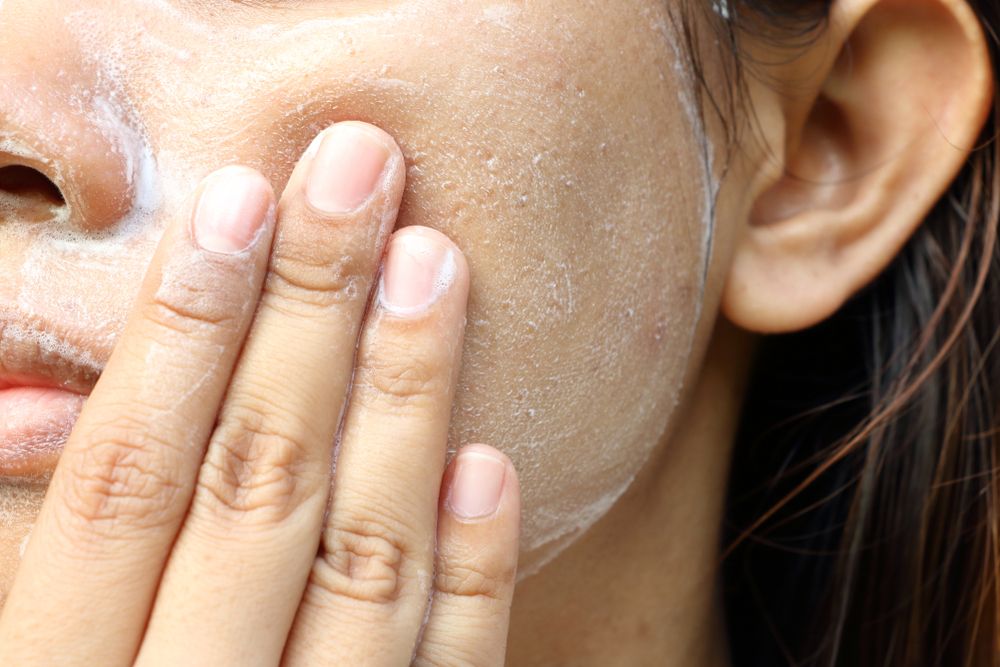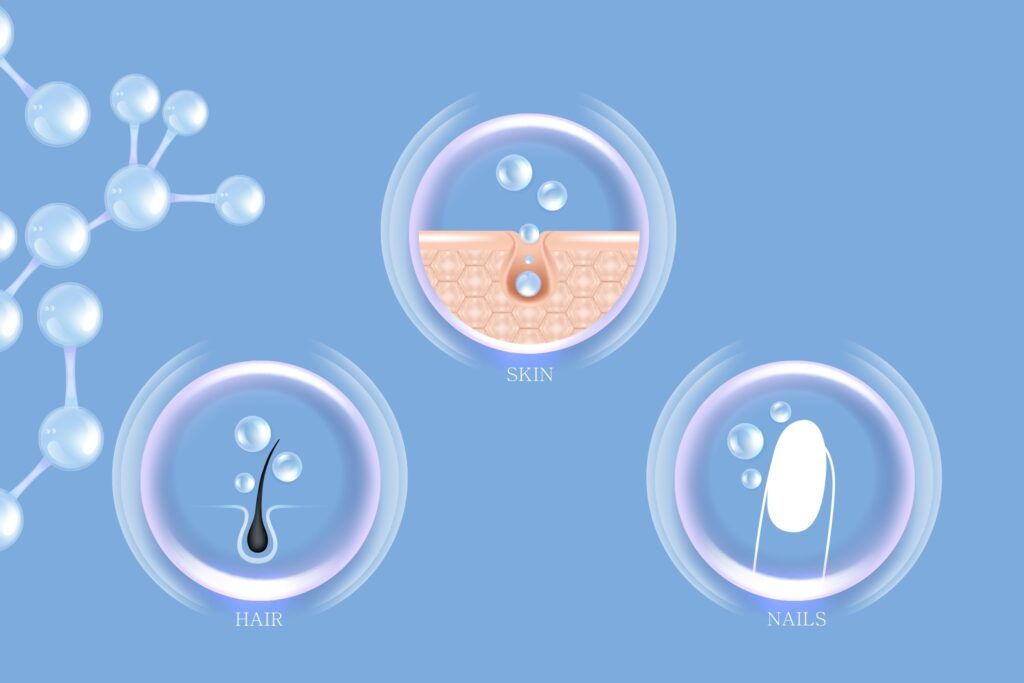At Borealis Dermatology, we understand that eczema is a condition that requires thoughtful and adaptable skincare, especially when facing the challenges of seasonal changes. Eczema, a chronic inflammatory skin condition, can vary in its severity and the way it behaves throughout the year. As we transition from one season to another, it’s essential to adjust your skincare routine to effectively manage eczema and minimize flare-ups. In this blog, we’ll explore how seasonal changes can affect eczema and provide valuable insights on how to adapt your skincare routine to maintain healthier, more comfortable skin.
The Impact of Seasonal Changes on Eczema
Eczema symptoms can be influenced by various factors, including humidity, temperature, and allergen exposure. Here’s how seasonal changes can affect eczema:
Winter Eczema:
Winter can be particularly challenging for individuals with eczema due to the cold, dry air. Here’s how winter weather can impact your skin:
1. Low Humidity: Cold air contains less moisture, leading to dry indoor environments when heaters are in use. This dryness can further dehydrate the skin, exacerbating eczema symptoms.
2. Hot Showers: In an attempt to escape the cold, many people take long, hot showers during the winter. However, hot water can strip your skin of essential oils, making eczema worse.
3. Heavy Clothing: Layering up in winter can lead to more sweating, irritation, and itching for eczema sufferers.
4. Indoor Allergens: Spending more time indoors increases exposure to indoor allergens, which can trigger eczema symptoms.
Summer Eczema:
While summer brings more humidity, which can be beneficial for eczema, it also presents unique challenges:
1. Sweating: High temperatures can lead to increased sweating, which can irritate the skin and trigger flare-ups.
2. Sun Exposure: Sunburn can worsen eczema symptoms. While sunlight can be beneficial in small doses, it’s crucial to protect your skin from excessive sun exposure.
3. Allergens: Pollen levels tend to be higher in the summer, which can trigger eczema in individuals with pollen allergies.
4. Chlorine Exposure: Swimming in chlorinated pools can be harsh on the skin, leading to dryness and irritation for those with eczema.
Adapting Your Skincare for Seasonal Changes
To effectively manage eczema throughout the seasons, consider these tips for adapting your skincare routine:
1. Moisturize Regularly: Regardless of the season, moisturizing remains a key aspect of eczema management. During the winter, use thicker, emollient creams or ointments to lock in moisture. In the summer, opt for lighter, hydrating lotions.
2. Short, Lukewarm Showers: Maintain a consistent bathing routine with short, lukewarm showers. Avoid hot water, which can strip your skin of natural oils, and gently pat your skin dry after showering.
3. Choose Fragrance-Free Products: Look for skincare products that are fragrance-free and hypoallergenic to minimize the risk of irritation and allergic reactions.
4. Sun Protection: In the summer, wear lightweight, protective clothing and use a broad-spectrum sunscreen to shield your skin from harmful UV rays.
5. Stay Hydrated: Drink plenty of water to maintain skin hydration from within, regardless of the season.
6. Allergen Management: Be mindful of potential allergens related to each season. In the winter, consider using a humidifier to add moisture to the indoor air. In the summer, keep windows closed to minimize pollen exposure.
7. Expert Consultation: Consult with Dr. Navin Arora at Borealis Dermatology to discuss your eczema management and treatment options. Dr. Arora can provide personalized recommendations to address your specific needs, and offer advanced treatments if necessary.
Advanced Eczema Treatments for All Seasons
If your eczema is severe or not responding to basic skincare adjustments, Dr. Navin Arora may recommend advanced treatments to provide relief. These may include:
- Topical Steroids: Stronger prescription topical steroids can help reduce inflammation and itching during flare-ups.
- Oral Medications: For severe cases, oral medications such as immunosuppressants may be prescribed to manage eczema symptoms.
- Phototherapy: Light therapy can help reduce inflammation and itching in eczema.
- Biologic Medications: In recent years, biologic medications have shown promise in treating eczema. These medications target specific aspects of the immune system involved in eczema.
Eczema is a condition that requires consistent attention and adaptability, especially during seasonal changes. At Borealis Dermatology, we understand the unique challenges that different seasons can pose for eczema sufferers. With the guidance of Dr. Navin Arora and a well-structured skincare routine, you can enjoy healthier, more comfortable skin year-round. Don’t let eczema limit your enjoyment of life’s diverse seasons. Embrace each season with confidence, knowing that effective eczema management is within your reach. For more information, Contact Borealis Dermatology today at 516-246-8800, or visit our Garden City or Syosset clinic.






